.png)










































Digital adoption, user experience and digital well-being
User feedback
Gather on-the-spot feedback on the experience of using the tools: comprehension, fluidity, mental workload, satisfaction... a qualitative reading of usage.
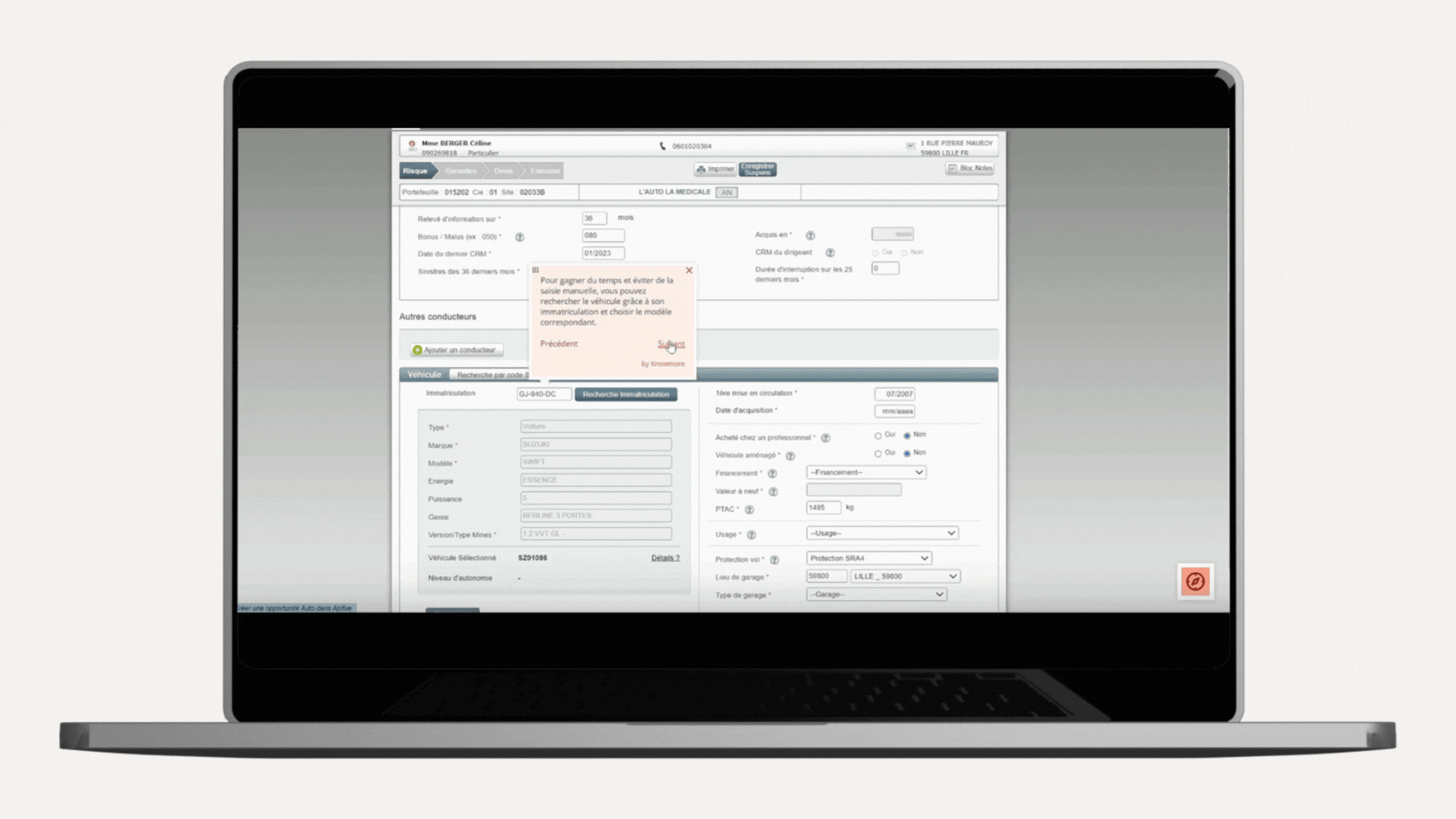
Usage indicators
Analyze concrete behaviors: completion rates, inactive clicks, backtracking... to identify friction and optimize customer journeys.
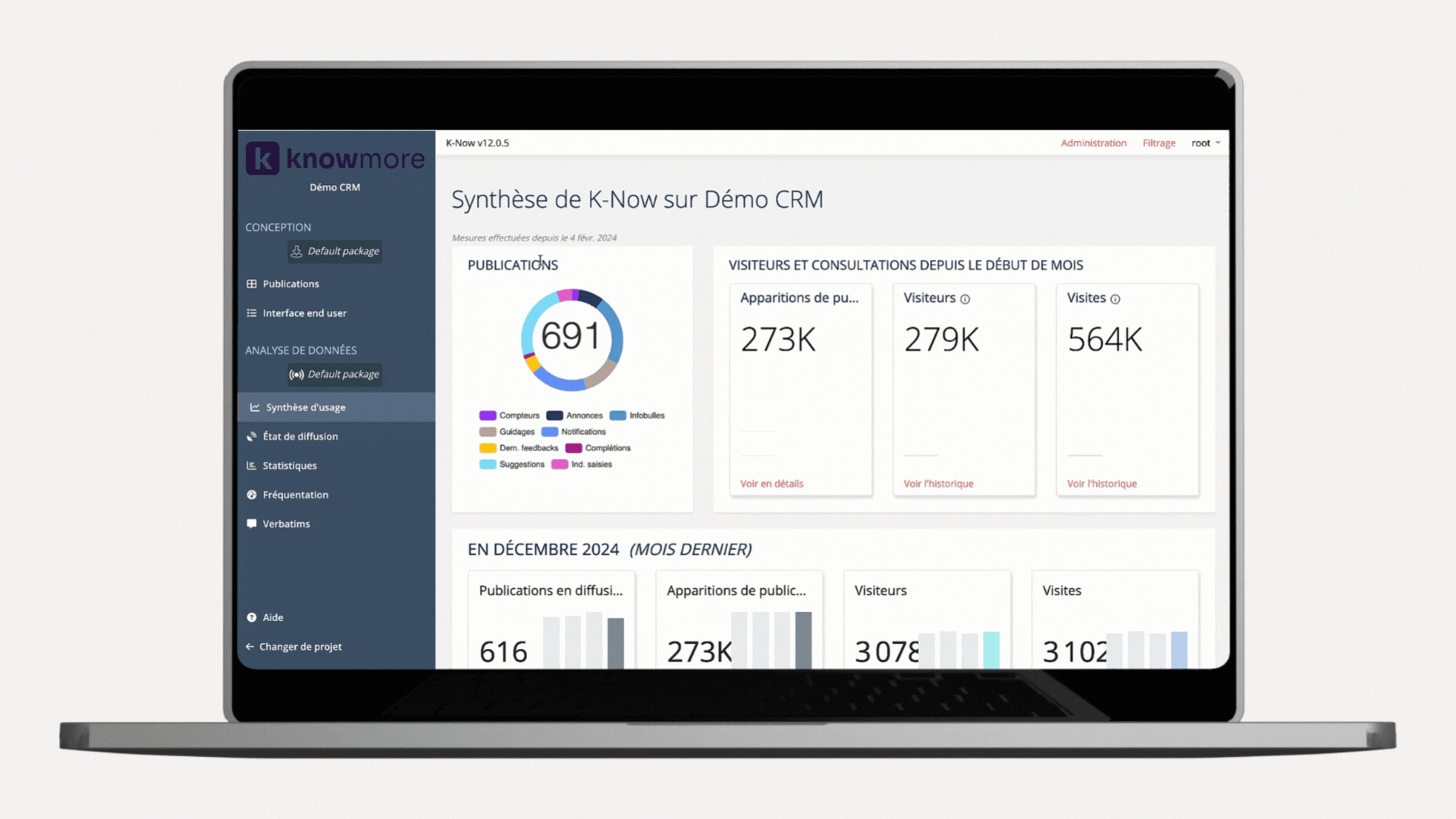
Simulation scores and proof of skill enhancement
Track users' real progress thanks to the results of immersive modules and the validation of business know-how.
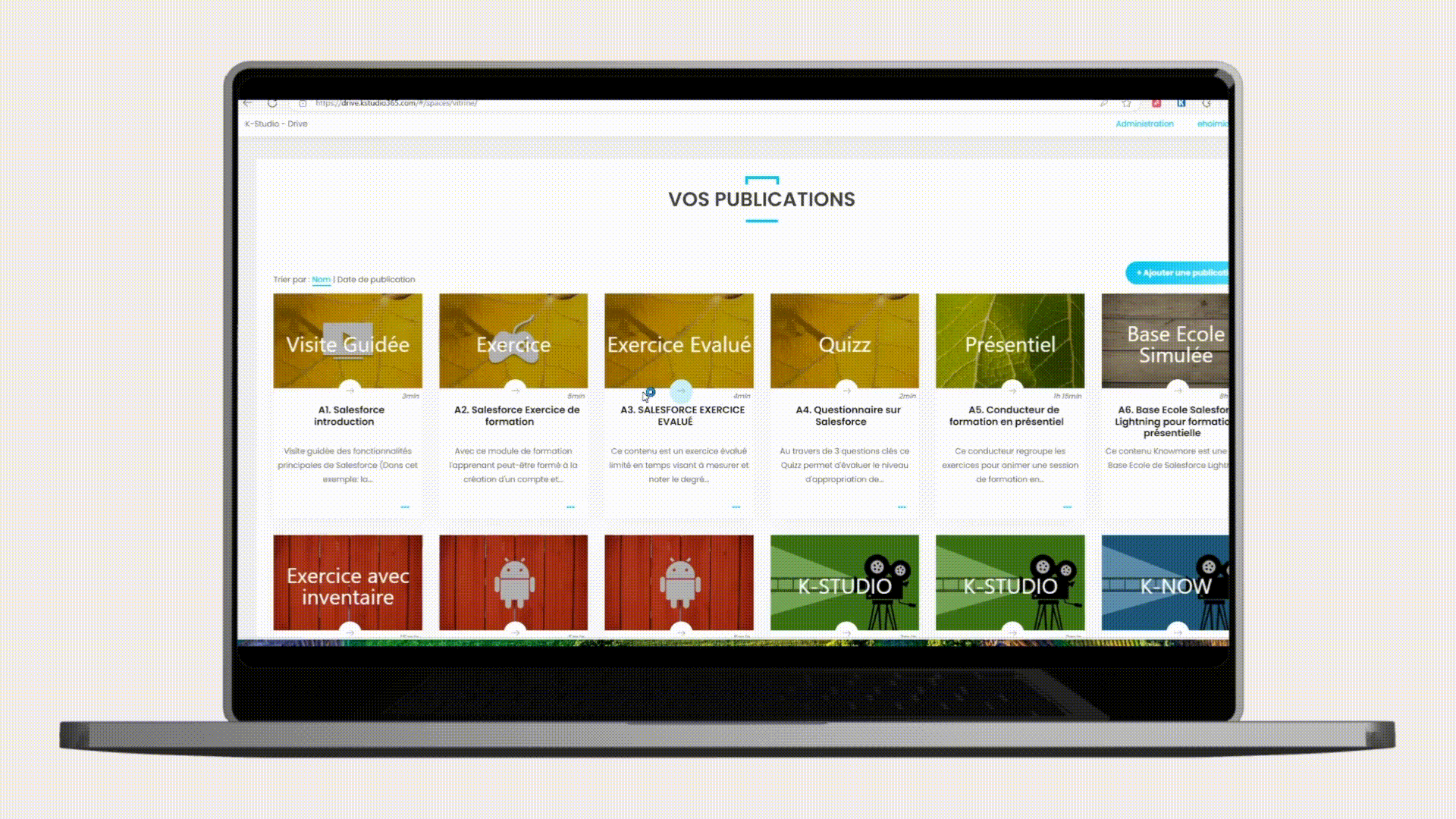
Measurable ROI
Evaluate the direct impact of training, coaching and guidance actions on operational performance and costs (support, training, adoption).

A complete software suite for sustainable digital well-being

Our DAP, the application GPS for your workstation
Make the most of every euro invested in your business software
Lorem ipsum dolor sit amet, consectetur adipiscing elit, sed do eiusmod tempor incididunt ut labore et dolore magna aliqua. Ut enim ad minim veniam, quis nostrud exercitation ullamco laboris nisi ut aliquip ex ea.
Application simulator for immersive training
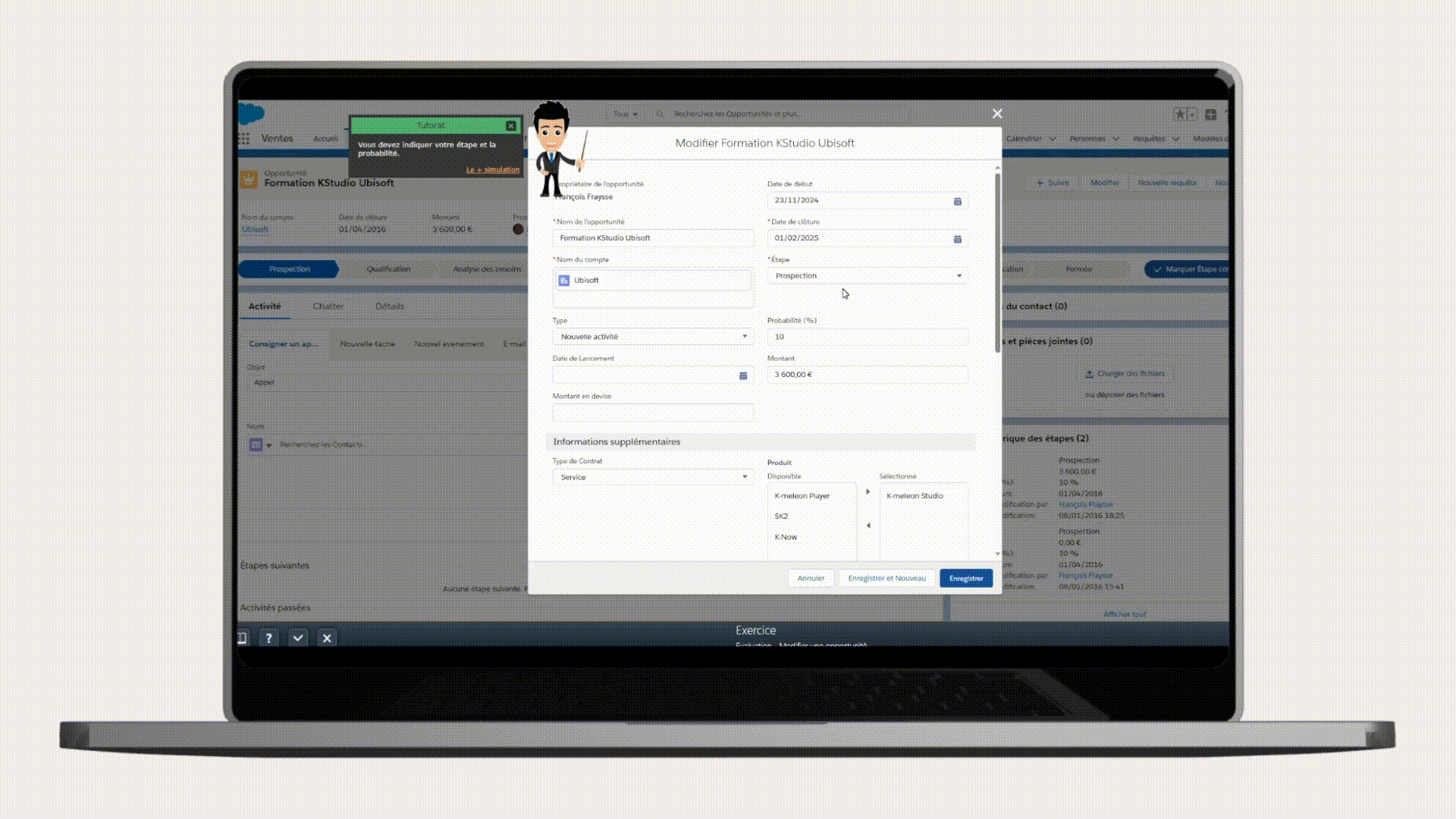
Training in the field, without leaving the screen
Lorem ipsum dolor sit amet, consectetur adipiscing elit, sed do eiusmod tempor incididunt ut labore et dolore magna aliqua. Ut enim ad minim veniam, quis nostrud exercitation ullamco laboris nisi ut aliquip ex ea.
Transform usage data into performance drivers

Decisions based on actual use
Lorem ipsum dolor sit amet, consectetur adipiscing elit, sed do eiusmod tempor incididunt ut labore et dolore magna aliqua. Ut enim ad minim veniam, quis nostrud exercitation ullamco laboris nisi ut aliquip ex ea.
.png)
CAC 40 customers
referenced by UGAP and RESAH
.png)
Countries
.png)
Millions of users
.png)
Business applications for several customers

.png)




.png)

Pioneering digital adoption since 2001
Get the most out of your software
Our solutions

Create 100% realistic software teaching exercises for hands-on training. Cut costs on training environment maintenance.
Step-by-step exercises
Guided tours or videos
Quizzes - Evaluations
100% realistic SCORM® format

Broadcast messages and walkthroughs on top of your applications. Offer business assistance within the workflow. Improve user experience and software adoption.
Onboarding - Feedback by user profile
Intelligent and conditional guidance
Instant access to all your content
Multilingual and localized

Track key indicators and measure user engagement as well as digital adoption of your applications. Make the most of your investments.
Real-time KPIs
User engagement indicators
Assessment of user adoption
Suggestions for optimizing digital adoption
Knowmore in figures
of CAC 40 customers referenced by UGAP
of users
business applications for a single customer
country
Testimonials
"The flexibility of the solution, its adaptability to the agendas of the people being trained and its availability at all times make it an ideal tool for continuous training, consolidating and securing the transformation. Deputy Managing Director, in charge of transformation projects at Agence ANRU."
"Today our Customer Support teams are autonomous and responsive when it comes to creating and updating help or introducing new Qrew features. Chloé Quick MS."
"BNP wanted to enable branch advisors in close contact with customers and prospects to demonstrate "Mes Comptes" and guide them remotely when necessary. The bank also wanted to offer its customers a hands-on solution to familiarize themselves with "Mes Comptes" without the risk of making mistakes with their personal accounts.
Result: The number of unique visitors to the "Mes Comptes" simulator increased by 250%, with 24,000 unique visitors per month."
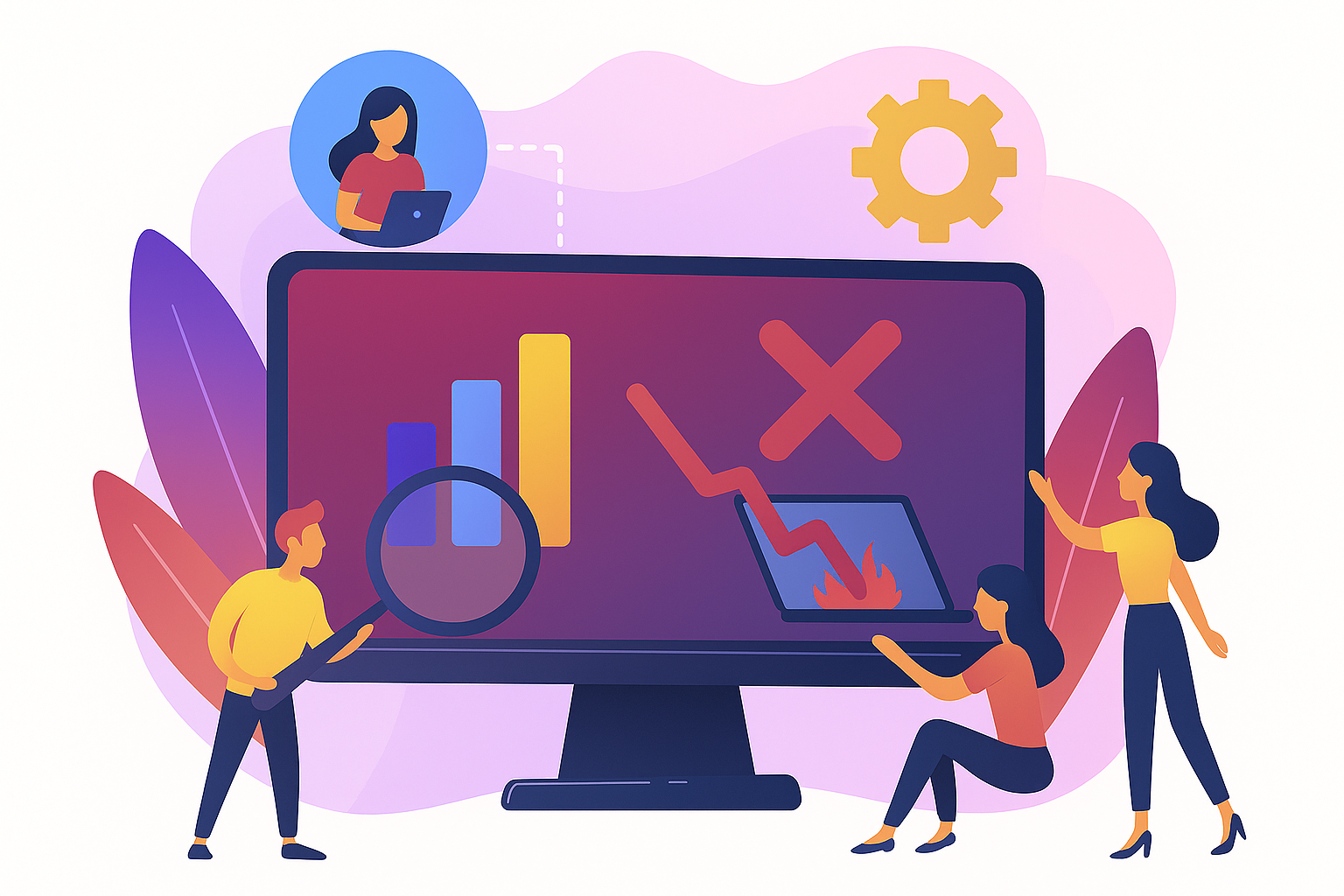
Pourquoi 70 % des projets digitaux échouent sans pilotage de l’adoption
.png)
Knowmore at the CISIRH 2025 HR Applications Exhibition

Knowmore joins the Top 250 French software publishers 2025
Who is Knowmore and what is its expertise in digital transformation?
Knowmore is a French Editor with over 20 years' experience in digital adoption and learning platforms. We help companies and public services to facilitate and optimize the use of digital tools (applications and business software) to support the success of digital transformation projects. Knowmore is recommended by Consulting firms and integrators, and adopted by a growing number of software publishers.
How does Knowmore help overcome the challenges of digital transformation in different sectors?
Whatever the sector: Automotive, Aerospace, Food & Beverage, Banking & Insurance, Construction & Public Works, Retail & Distribution, Industry, Energy, IT, Luxury Goods, Healthcare, Telecoms, Transport or Public Services, Knowmore solutions enable better management and reduce the famous resistance to change curve. Our solutions simplify onboarding, improve the user experience, accelerate autonomy and, de facto, increase productivity.
What types of applications can Knowmore integrate into its digital adoption platform?
Knowmore's digital adoption platform is compatible with all types of applications, including CRM, ERP, HRIS, Supply Chain, PLM, CMMS, e-Procurement, collaborative tools, web portals accessible via PC, tablet or smartphone. Knowmore has worked on over 350 different applications. Every month, Knowmore creates new connectors compatible with its customers' business applications. What's more, our solution complies with the RGAA standard (accessibility for the disabled).
What is a Knowmore connector?
Knowmore creates a specific connector for each of your applications. A connector is used to configure the identification method for application elements (fields, frames, buttons, etc.). Although we've already created the connector for the ERP used by Company A, we're creating a connector for the same ERP for Company B. The connector guarantees the robustness of message hooking on the screens, so that they no longer point to the right place. Knowmore offers several strategies for attaching helpers to screens. Our technology recommends to the author the most appropriate way of attaching the help. The connector can also detect segmentation elements in the application (role, service, region, etc.), so as to offer helpers differentiated according to these criteria. Other methods are also possible for proposing assistance differentiated by user profile.
What are the key benefits of adopting Knowmore solutions for businesses?
Knowmore solutions accelerate the time-to-market of new information systems or new versions, reduce training costs, optimize onboarding, reduce support calls, increase the quality of data input, and improve the autonomy and experience of users / employees / partners. In fact, it's our customers who tell us so. Our solutions provide the tools for successful digital transformation projects in the short, medium and long term. Some of our customers have trusted Knowmore for over 20 years.
What support does Knowmore offer for implementing its solutions?
Implementing Knowmore solutions is simple. As anEditor or through its ecosystem, Knowmore offers customized support. A project manager can support you in pedagogical engineering and work with your teams in co-construction, or subcontract you to create some of the business aids. Right from the start of the project, during phase 1 or at its conclusion, Knowmore can transfer skills to your teams, enabling them to create new aids and keep them up to date. Knowmore solutions can be implemented in either V-cycle or agile mode. Knowmore solutions facilitate iterative project cycles. Knowmore also offers a hotline accessible by phone or email.
.png)







.svg)
